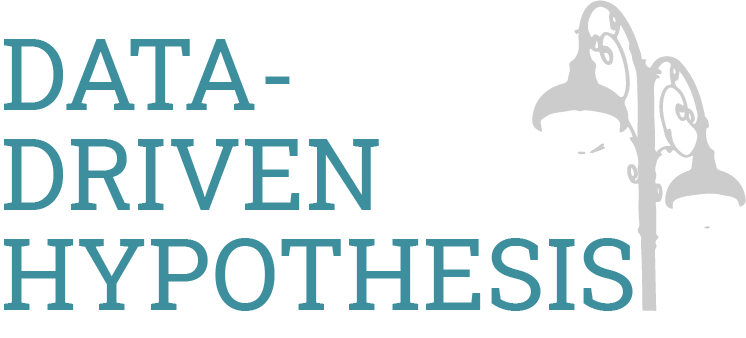Welcome to Data-Driven Hypothesis - the Scientific Data Discovery Hub!
About • Features • Usage • Contributing
Data-Driven Hypothesis (DDH) is a revolutionary scientific data discovery application designed to help researchers and enthusiasts explore vast collections of data effortlessly. Whether you're diving into genomics, metabolomics, proteomics or other biological data types, DDH provides a seamless and intuitive interface to access, search, and analyze datasets.
Powered by state-of-the-art machine learning algorithms and a powerful backend, DDH delivers lightning-fast search results, insightful visualizations, and personalized recommendations tailored to your research interests. Say goodbye to the tedious process of sifting through mountains of data and say hello to a new era of scientific exploration.
- Effortless Data Discovery: Explore vast scientific datasets with ease using our intuitive search interface. Uncover hidden patterns, correlations, and insights that can drive groundbreaking discoveries.
- Personalized Recommendations: Receive tailored recommendations based on your research interests and past interactions. Let DDH guide you towards new and exciting data sources that align with your scientific goals.
- Advanced Data Analysis: Leverage powerful analytical tools and visualizations to gain deeper insights into your datasets. Perform complex calculations, generate interactive plots, and export results to share with your collaborators.
- Collaboration and Sharing: Seamlessly collaborate with your peers by sharing datasets, analysis workflows, and insights. Accelerate the pace of scientific research through collaboration and open knowledge exchange.
- Visit the application homepage.
- Create an account or log in if you already have one.
- Start your scientific data discovery journey by searching for specific genes, proteins, compounds, cell lines, or drugs.
- Use the various features and tools provided to analyze the data, visualize trends, and extract valuable insights.
- Collaborate with other researchers, share your findings, and contribute to the advancement of scientific knowledge.
For more detailed usage instructions, please refer to the User Guide.
We welcome contributions from the community to help improve DDH. To contribute, please follow these steps:
- Fork the repository.
- Create a new branch for your feature or bug fix.
- Make your changes and ensure that the code is properly tested.
- Submit a pull request, explaining the changes you made and their benefits.
We appreciate your help in making DDH even better!
